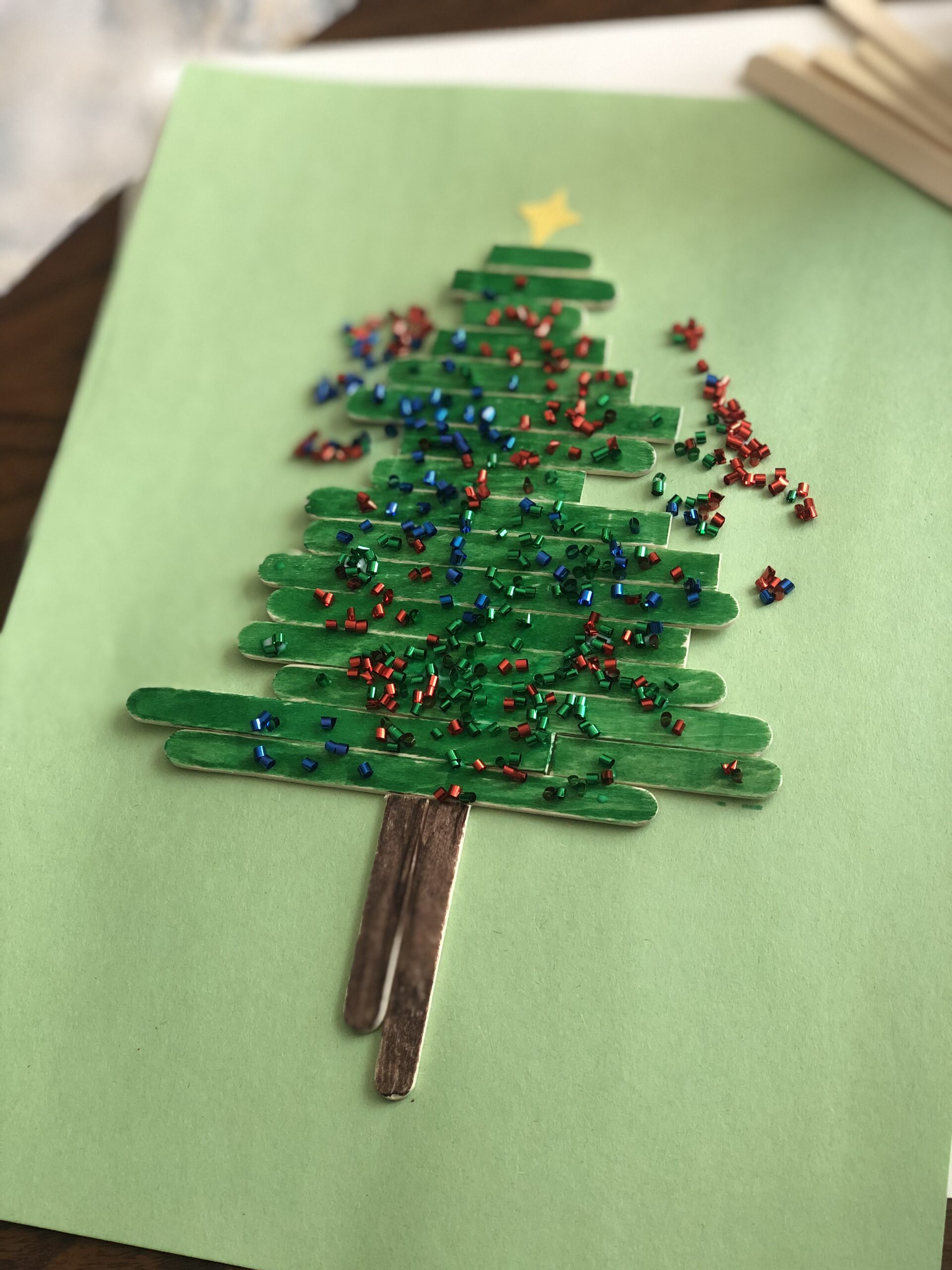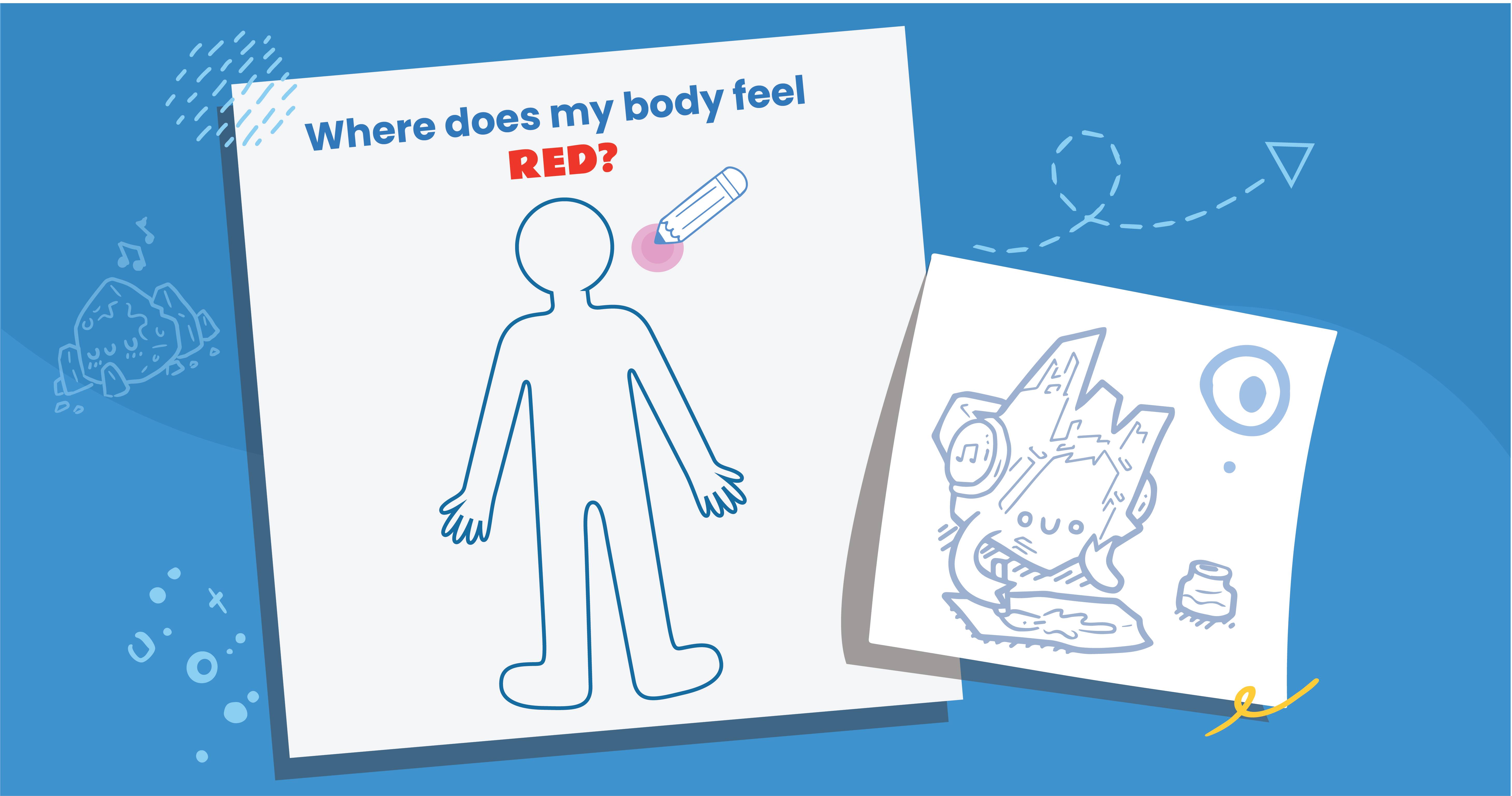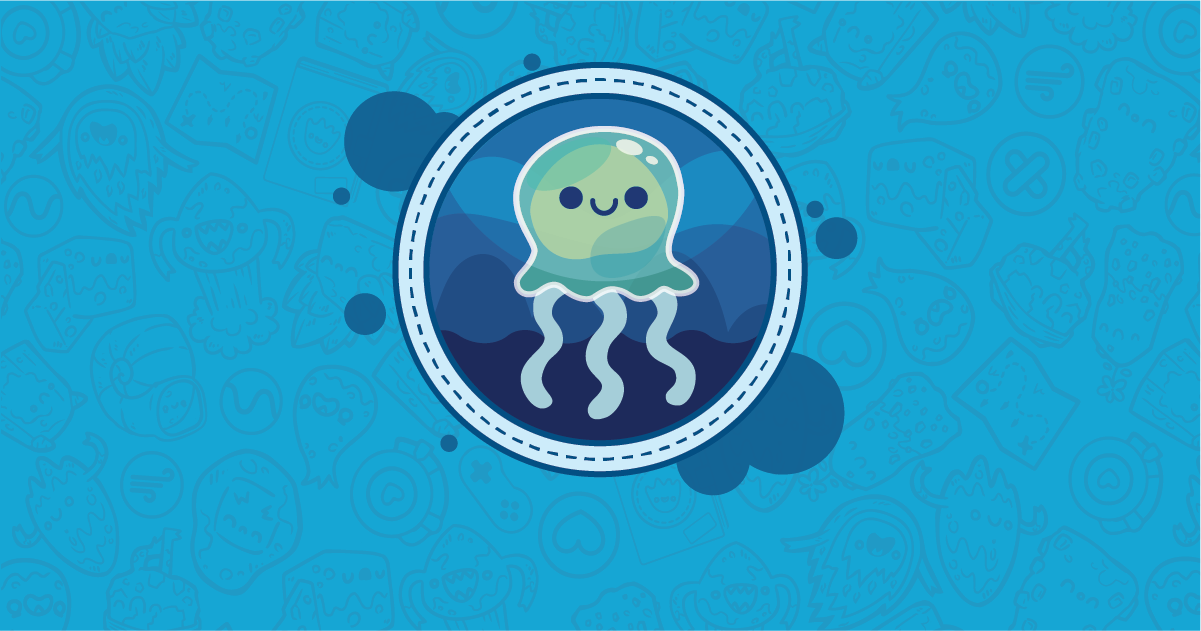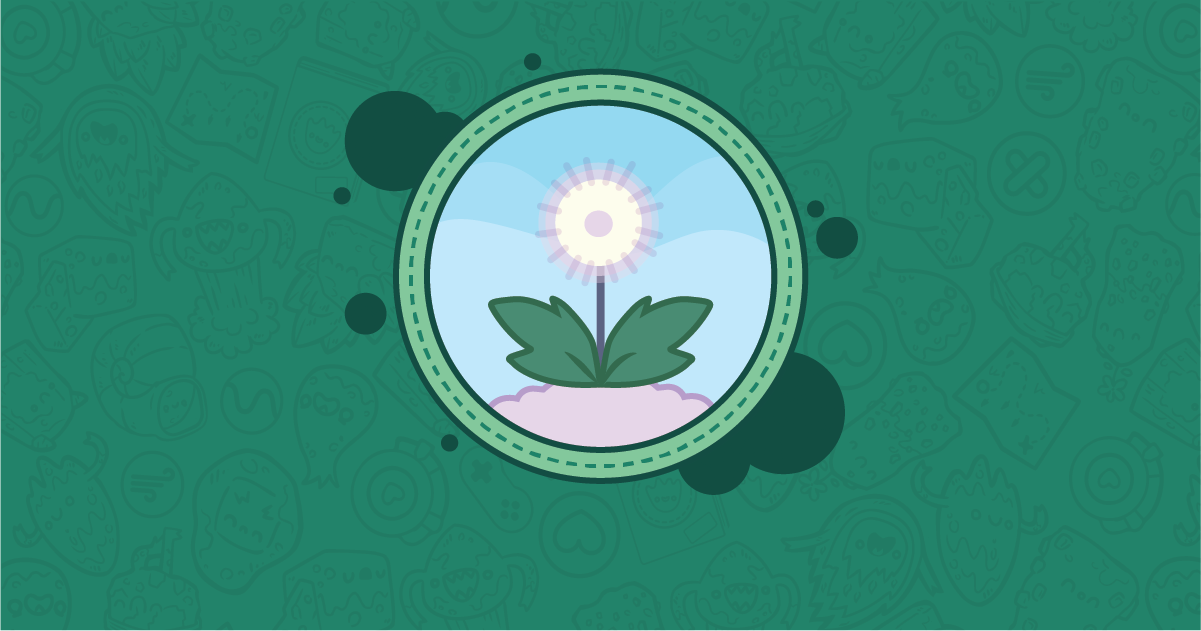Emotional regulation skills help children and people of all ages control their emotional reactions. Children who learn these tools at a young age are better equipped to take on difficult emotions and successfully navigate life’s challenges. Like other skills, kids will have to do a bit of exploration and determine what works best for them. Here are a few skills that kids can include in their “emotional toolbox.”
Name the Feeling
You may have heard the phrase “you have to name it to tame it.” Kids who can recognize and tell you how they’re feeling are better able to manage those feelings and receive the right kind of help when they need it. Parents can work with their young children to build an emotional vocabulary of feeling words that will help them understand and express their different emotions. This skill may be difficult but understanding how your child feels is crucial to helping them move past the hard time. If your child needs a little extra support, try giving them a sentence with blanks they can fill in (e.g. “I feel _______, when _______”). Using an emotion meter can also help kids identify how they are feeling and improve emotion regulation.
Notice your Body
Kids can also practice tuning into their bodies and noticing physical sensations that accompany certain feelings. Practicing self-awareness will improve children’s understanding of how our emotions impact our bodies and the mind-body connection. Sometimes, simply noticing how you’re feeling is enough to move past it with self-regulation. This body map is a fun way for kids to show where in their body they feel “hot” and “cold” emotions.
Pause
Kids can learn to press their internal pause button before reacting to difficult emotions. Just like you would press pause when watching a movie. This coping skill can prevent tantrums and help kids with self-control. Putting space between an emotion and a reaction allows children the opportunity to influence their emotional state and decide what comes next. Maybe now is a good time to use a coping strategy or
regulation strategy to reconsider the feeling.
Use a Coping Strategy or Relaxation Technique
When feeling intense emotions that could cause meltdowns, coping strategies such as deep breaths and relaxation techniques help us with our emotional control. Check out five quick and easy relaxation techniques for kids here.
Self-care
Self-care represents the things we do regularly to stay healthy and balanced. When we are at our best, it’s much easier to stay in control of our emotions. Remember, kids learn a lot about how to deal with things from their role models. If you prioritize your own self-care and mental health, it sets a great example. Have your child come up with a list of things that make them feel happy and energized. Knowing what brings you joy is equally as important as knowing how to manage negative emotions. Developing skills that allow you to control and express your emotions in productive ways is important for many reasons. Emotional regulation skills contribute to a healthy mind, body, and spirit. Read more about the benefits of emotional regulation here.
















